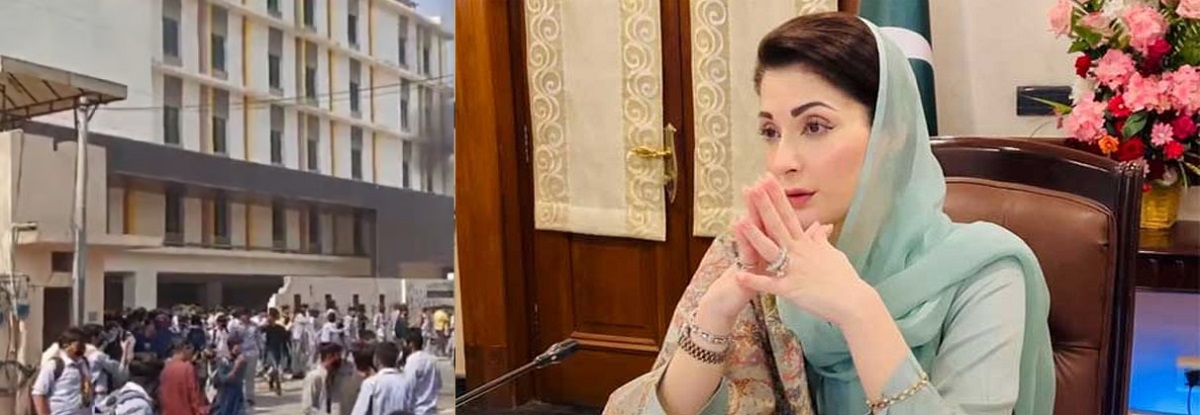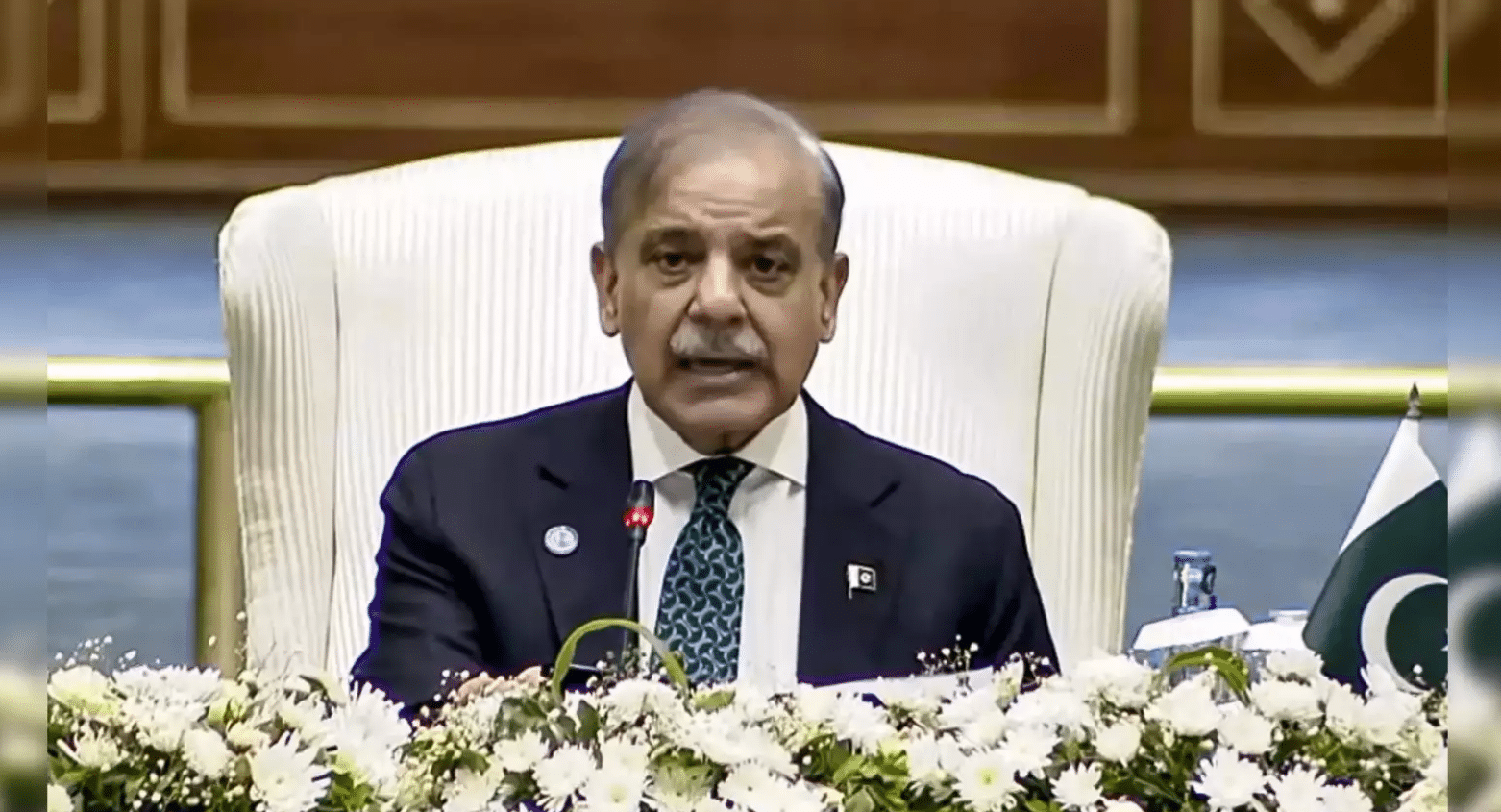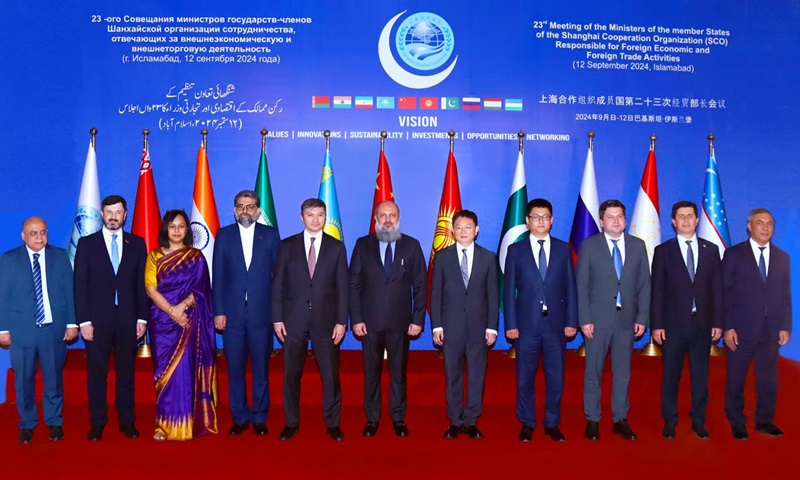The Supreme Court of Pakistan has recently taken a momentous step by forming two separate benches to address crucial matters concerning civilians’ trials in military courts and the potential delay in general elections. This move showcases the court’s commitment to upholding justice and ensuring the smooth functioning of the country’s democratic processes.
The Formation of the Benches
Bench 1: Challenging Military Court Trials
The first bench, led by distinguished jurists including Justice Ijaz ul Ahsan, Justice Munib Akhtar, Justice Ayesha Malik, Justice Yahya Afridi, and Justice Mazahar Naqvi, has taken up a crucial petition challenging the legitimacy of military court trials. This development is significant as it underscores the need for a transparent and fair legal process for all citizens, including those facing military court proceedings.
Bench 2: Ensuring Timely General Elections
Simultaneously, another bench, led by the Chief Justice of Pakistan, will address concerns related to the possible delay in general elections. This bench includes the notable legal minds of Justice Aminuddin Khan and Justice Athar Minallah. Their focus will be on ensuring that Pakistan’s democratic principles are upheld, and elections are conducted as per schedule.
READ MORE: Pakistan’s Caretaker Prime Minister Anwaarul Haq Kakar Reaffirms Strong Ties with China
The History of the Case
This legal journey began in early August when former top judge Justice Umar Ata Bandial presided over the military courts case. During this hearing, the government reassured the court and the public that no civilians would be tried in military courts without prior notice. However, this initial bench was dissolved and reconstituted on two separate occasions due to judges recusing themselves from hearing the case, highlighting the complexities and sensitivities involved.
The impetus for Supreme Court intervention emerged from concerns that civilians facing military court trials might not receive a fair trial, thus raising questions about due process and the right to a just legal procedure.
The Genesis of the Issue
The backdrop of this case lies in the accusations against members of the Pakistan Tehreek-e-Insaf (PTI) who were implicated in the May 9 riots and subsequently handed over to military courts for their alleged involvement in attacking state institutions. This approach was taken by the previous government, led by the Pakistan Democratic Movement (PDM) alliance, as they aimed to hold those accountable for attacking military installations.
The petition filed with the Supreme Court received considerable attention, drawing support from various quarters, including former Prime Minister Imran Khan, former Chief Justice Jawwad S. Khawaja, legal expert Aitzaz Ahsan, and five civil society members. These influential figures have urged the apex court to declare military court trials unconstitutional, adding their voices to the growing concerns regarding the fairness and transparency of the legal process.
Conclusion
The formation of two separate benches by the Supreme Court of Pakistan to address these significant issues exemplifies the judiciary’s commitment to upholding justice and the rule of law in the nation. It reflects the court’s determination to provide clarity and fairness in the legal proceedings, especially when it comes to military court trials and the timely conduct of general elections. This momentous step ensures that the principles of democracy and justice are preserved.




